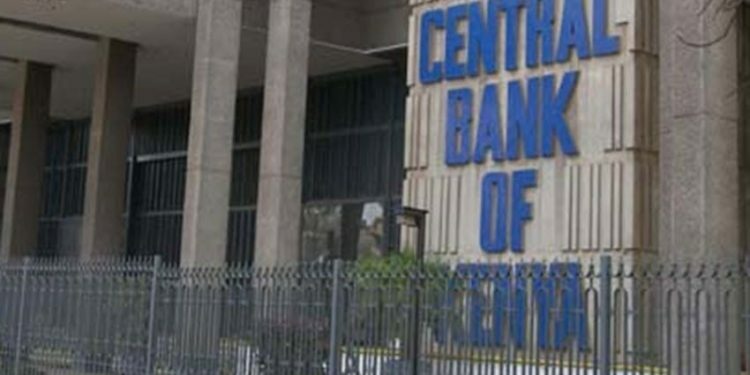The Central Bank of Kenya (CBK) is attempting to raise KES 70 billion by reopening three bonds, including a six-year infrastructure paper initially auctioned on December 2 with a tax-free interest rate of 13.215 per cent.
The infrastructure bond is available for purchase until December 22nd or until the KES 20 billion targets is met.
Investors interested in the paper will pay a 0.741 per cent premium on the principal to compensate for their relatively late entry prior to the first interest payment on June 5, 2023. Investors can get other returns on the same bond depending on critical variables.
These are the application of a discount or premium on an investor’s principal to be paid in addition to the time remaining until the next interest payment. The interest on government bonds is paid twice a year.
The infrastructure bond did not raise any funds in the initial auction, but it was used to refinance other securities that were due to mature early next month.
As part of the State’s debt refinancing strategy, CBK converted KES 49.1 billion in T-bills and a two-year bond into a six-year security. The switch transaction will increase net interest income for those who participated in the conversion rally by up to 72%.
CBK planned to exchange securities worth a total of KES 87.8 billion. The fiscal agent for the government is also seeking KES 50 billion from reopening a five-year paper and 15-year security. The two instruments will be available for purchase until January 10, 2023.
The five-year bond has a maturity date of 2.4 years and an interest or coupon rate of 11.667 per cent, which was set when it was first auctioned in 2020.
The coupon rate on the 15-year security, which was first sold in April of this year, is 13.942 per cent.
Investors will be able to specify their desired returns for the two securities, which will be expressed as a discount, par, or premium on principal based on what the central bank of Kenya will accept.
Interest in government bonds and T-bills has increased in recent months, reflecting the government’s funding needs and investors’ desire for adequate returns in the face of high inflation and a weakening Kenya shilling.
Read Also: Banks Set to Raise Interest Rates in January to Reflect Revised CBK Lending Rates




